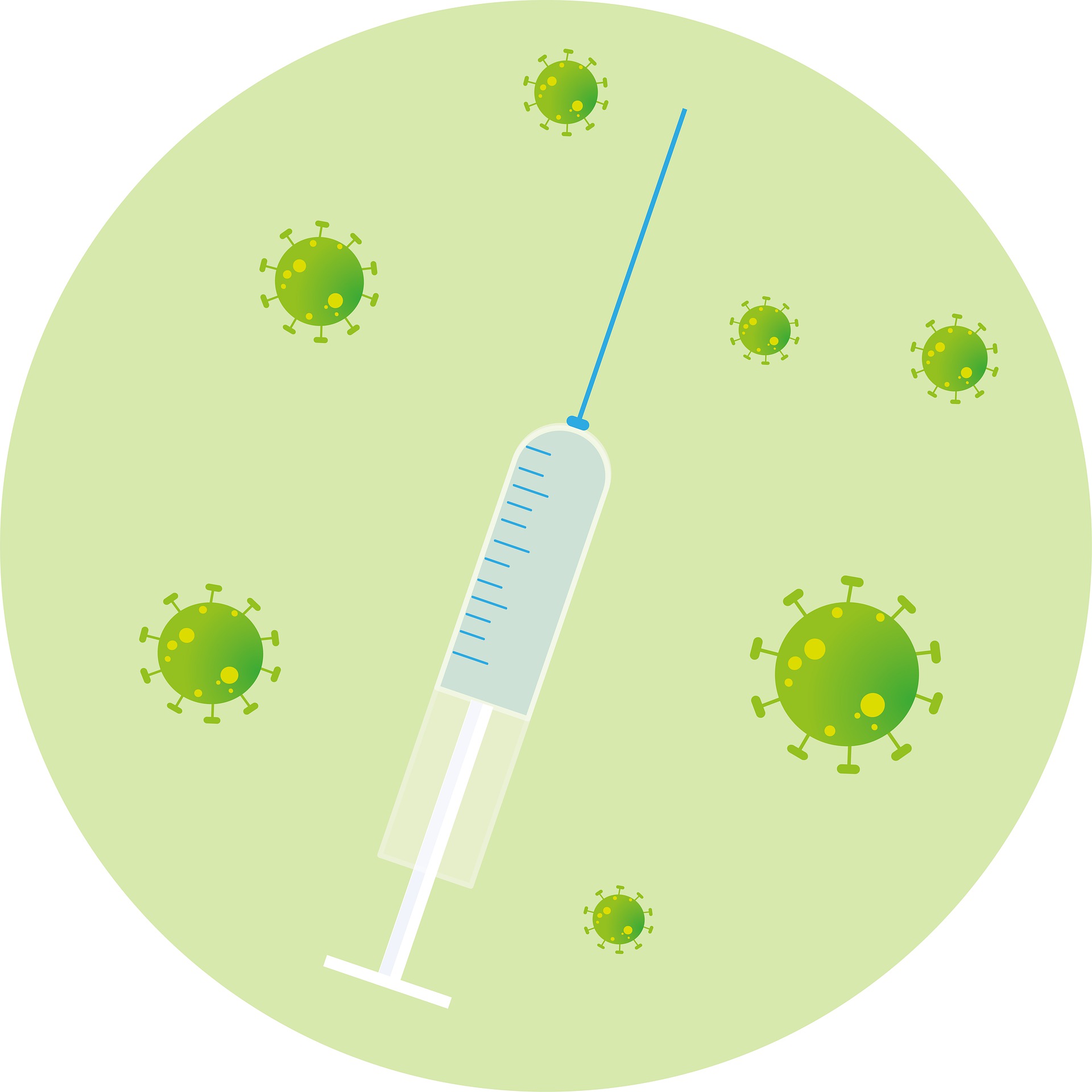What is Omicron?
Omicron is the fifteenth letter of the Greek alphabet. It is also the most recent known variant of Covid-19.
On 18th November, Dr Angelique Coetzee, a doctor in South Africa, met about 8 patients who all complained of body ache for a few days, a scratchy throat, but no fever, cold, cough, or loss of smell or taste.
On 24th November, South Africa reported that they have observed a virus which appears to be different from the known variants (variety). The first name given to this variant was B.1.1.529 variant. It was later named Omicron, after the fifteenth letter in the Greek alphabet.
Why was that interesting?
Earlier, media houses were naming variants based on where they were first found. This led to stigma against some places. To prevent this from happening, WHO decided that the variants of the virus will
be named according to the Greek alphabet, irrespective of where they come from. So, the variants were called Alpha, Delta (a variant that turned out to be very widespread), and so on. The last variant was called Mu. The one after that should have been called Nu. But WHO felt that people might mistake Nu as New. The next letter is Xi. Xi is also the first name of the Chinese President. The Covid-19 virus originated in China in November 2019. WHO decided to skip Xi too (stating that it was a common surname), and named the variant Omicron.
What do we know about the variant?
Many countries, pharma companies, and international agencies are conducting research on this variant. Here is what we know so far:
- The variant has so far caused only mild symptoms with minimal need for hospitalisation. No Indian patient has been hospitalised.
- The variant has been found to have many spike proteins. We do not know what this means for us. We do not know the effect of these spike proteins and we do not know where the variant came from. It was first identified in South Africa.
- We do not know whether the current vaccines are effective against the variant.
- The variant spreads rapidly. South Africa’s case load has increased a lot since the discovery of the variant. It has now been recorded in 57 countries.
In short, all we know for sure is that it spreads fast and causes mild symptoms.
For everything else, we will have to wait, observe, test, and analyse.

